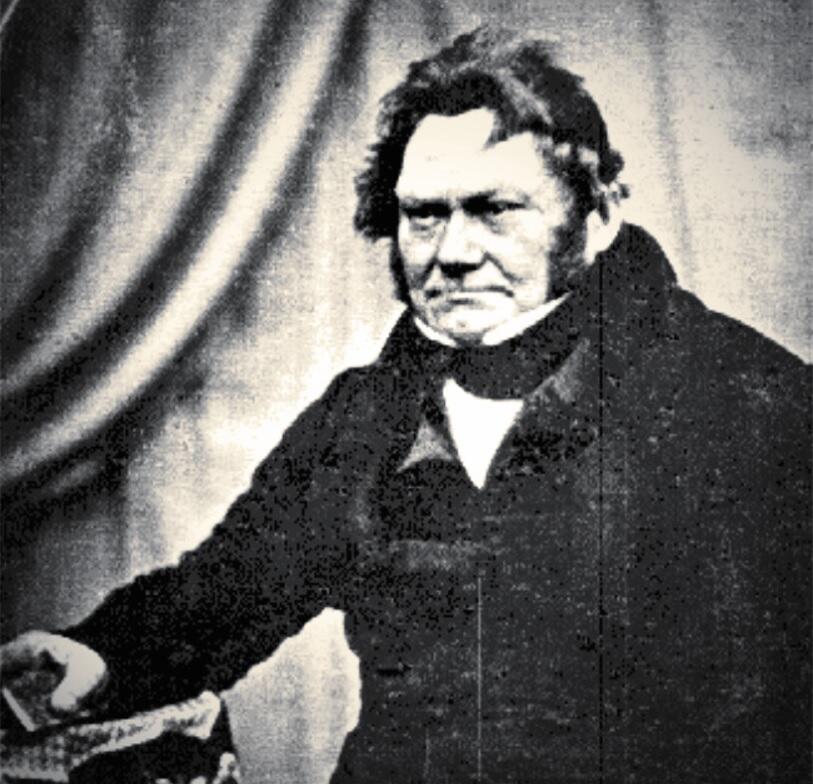Nothing is lost, nothing is created, everything is transformed
Antoine LaVoisier, French Chemist
Over the last two thousand years, we’ve come a long way in science. We no longer think that everything is made of water or fire, for example, or that the human body is composed of only four things. Science – the one subject you might sigh about in school, or get frustrated about before exams – is the source of some of the most important developments of the human race.
The field of chemistry has contributed to this development, and this discipline has given us some of our most groundbreaking knowledge of the world: that the world is made of tiny little particles, that you can burn things like coal to get heat. Chemistry has revolutionised the way we live our lives – offering us technologies from radiation to solar panels to the dye in jeans.
If you think that chemistry is for the academic, the professor, or scientist, it is important to remember that it is so much more than that. Chemists have likely changed your life in more ways than you probably realize!
In this article, we’ll look at ten of the most famous chemistry in the history. We will look at famous chemists like Robert Bunsen and Mendeleïev, and other great, Nobel Prize winning thinkers. You can decide just how crucial their discoveries have been.
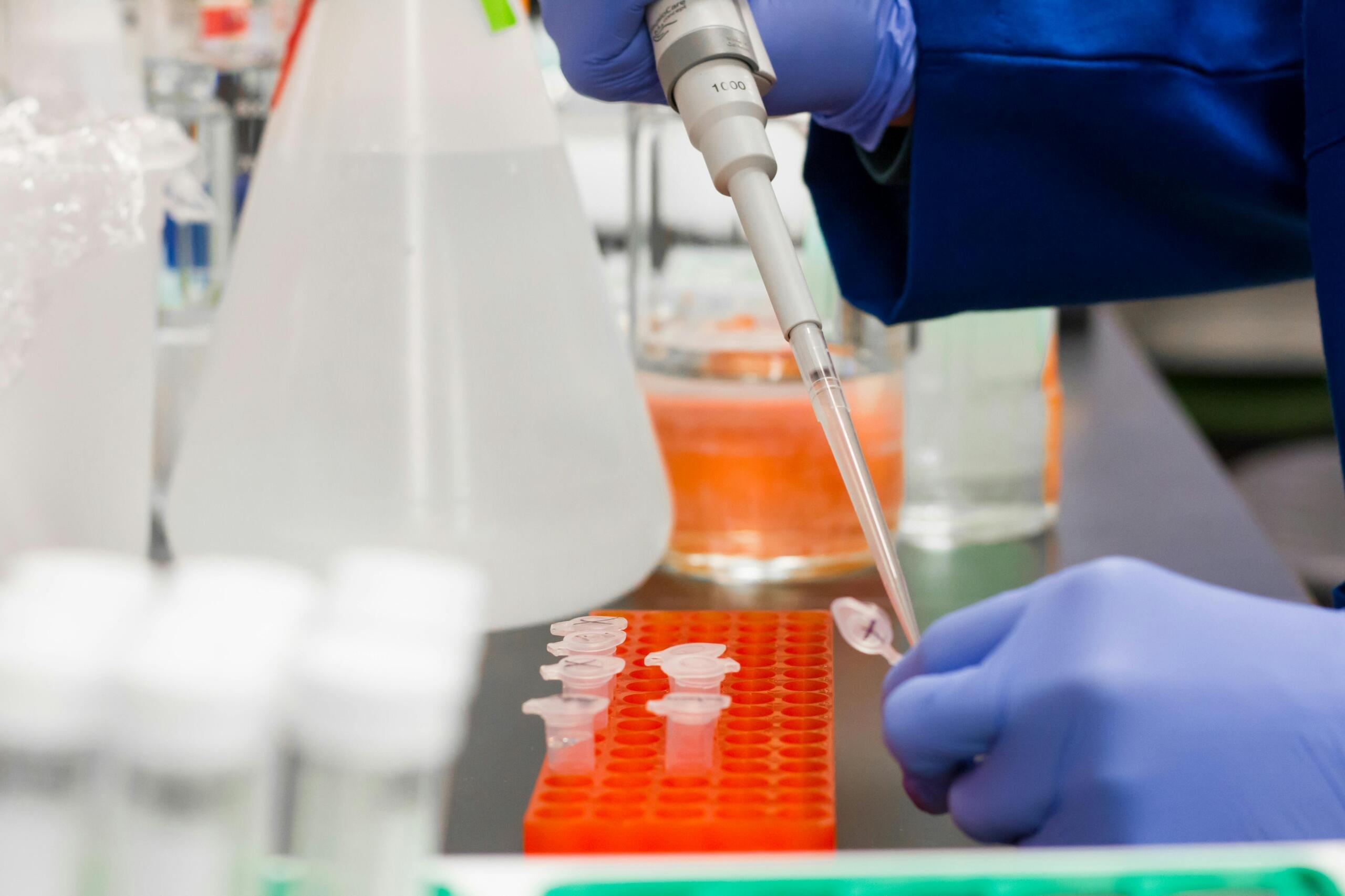

Who are the Most Important and Popular Chemists in History?
The eighteenth and nineteenth centuries ushered in major developments in all fields of science, particularly chemistry. It was a time of experiment and discovery, and new theories abounded in many disciplines. In this moment, the contribution and achievement of a number of pioneering chemists provided the theoretical basis for all the researches and discoveries that were to follow.
Let's start with the big four, also known as the fathers of chemistry. They all deserve to be on our list of amazing chemistry discoveries.
Find a chemistry tutor online here.
French Chemist Antoine Lavoisier
Antoine Lavoisier (1743-1794) was a chemist, biologist, and victim of the French Revolution. The first and only child of a wealthy Parisian family, Lavoisier was studious and concerned for the public good. He studied law at the restigious Collège Mazarin, where he also attended many private and public lectures on chemistry and physics.
But rather than pursue law, Lavoisier chose to pursue scientific research that eventually gained him admission into the Academy of Sciences in Paris in 1768.
Marie-Anne Paulze Lavoisier was a pioneering figure in chemistry who played a vital role in her husband Lavoisier's groundbreaking . Born in France in 1758, she was highly educated and fluent in several languages. She translated key scientific texts, which she annotated with critical commentary. Her contributions have been increasingly recognized in modern times.
Lavoisier's Scientific Research
Lavoisier discovered the law of conservation of mass, which states that whilst substances may change their state or form, they retain the same mass. This was important because it allowed other scientists to think about the differences between substances in terms other than differences in qualitative properties.

He was also the first scientist to identify oxygen and hydrogen, and was the first to notice the role of oxygen in combustion – something that is now fundamental to understanding almost all chemical reactions.
Other research highlights include:
- Developing a systematic chemical nomenclature that continues to be used by the scientific community.
- Demonstrating that combustion is the result of the combination of substances with oxygen.
- Conducting detailed and meticulous experiments which helped set the foundation for modern chemical analysis.
- Collaborating with Marie-Anne Lavoisier, his wife, who played a crucial role in documenting his experiments.
French Revolution and Lavoisier's Death
Lavoisier was imprisoned as the French Revolution became more radical and popular anger turned against those who had exercised power and enjoyed social privileges in the old regime. In May 1794 Lavoisier and his father-in-law were guillotined.
Find the perfect chemistry class for you on Superprof.
British Chemist John Dalton
Working on the basis of Lavoisier’s theories, John Dalton (1766-1844) is these days remembered for proposing his atomic theory, literally the basis of chemistry today. Born in Cumberland, England to a Quaker family, Dalton was a self-taught scientist with an deep interest in meteorology, which led him to learn more about gases and atomic structures.
Dalton's Atomic Theory suggested that every substance is made of atoms and that the atoms of each element are identical. Dalton’s atomic theory also held that chemical compounds are the combination of atoms of different elements and that, in chemical reactions, these atoms are rearranged and combined.
In his laboratory experiments, he also studied, and ultimately formulated a theory of, atomic weight. From this notion, we reached our realization of the different molecular structure of different substances.

Dalton's Key Contributions
- Proposing that all matter is composed of indivisible atoms.
- Introducing the idea that atoms of different elements have different weights and combine in whole-number ratios to form compounds.
- The Law of Partial Pressures, which states that the total pressure exerted by a mix of gases is equal to the sum of the partial pressures of individual gases.
- Conducting extensive research on color blindness, a condition he personally experienced.
Matter, though divisible in an extreme degree, is nevertheless not infinitely divisible. That is, there must be some point beyond which we cannot go in the division of matter. ... I have chosen the word “atom” to signify these ultimate particles.
John Dalton
Dalton’s groundbreaking research provided a systematic explanation for chemical reactions and laid the foundation for future discoveries in chemistry and physics. His work remains fundamental to our understanding of atomic structure and molecular interactions.
Italian Science Pioneer Amedeo Avogadro
Most chemistry students have heard of Amedeo Avogadro (1776-1856), who is famous for his contributions to the field of scientific research. He was born in Turin, Italy to a distinguished family and initially pursued studies in law. His real passion, however, was in math and science, the area in which he continued to do his work.
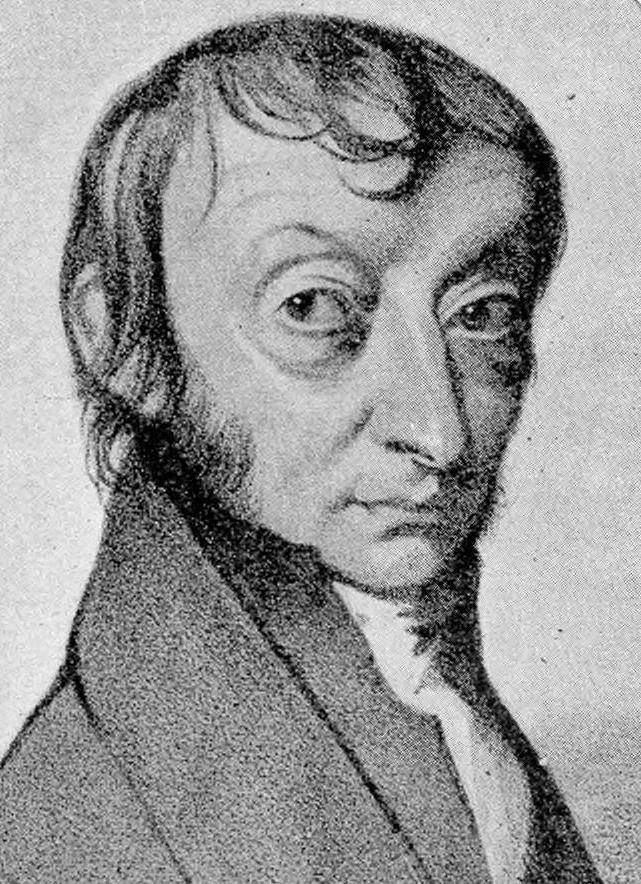
He developed Avogadro's Law, which states that equal volumes of gases, at the same temperature and pressure, contain an equal number of molecules.
Why is Avogadro's law important? Because it ultimately helped to distinguish between the molecule and the atom, which he rather called the ‘elementary molecule’. Dalton had never considered the difference, but thanks to Avogadro, we know better!
Avogadro's work laid the foundation for modern physical chemistry, though it was not widely known during his lifetime. Avocadro's contributions also include:
- Proposing that gases consist of molecules rather than individual atoms.
- Establishing Avogadro’s constant, which represents the number of particles in one mole of a substance (6.022 × 10²³).
- Helping to bridge the gap between atomic theory and experimental chemistry, aiding in the understanding of molecular structures.

Jöns Jacob Berzelius
The contribution of Jöns Jacob Berzelius (1779-1848) are as major as his eighteenth century contemporaries. Born in Sweden, Berzelius was born to a school teacher and homemaker. He worked as a tutor in his teenage years at a local farm, where he started collecting and classifying different plants. He was appointed professor of chemistry and pharmacy at the Karolinska Institute.

Primarily, Berzelius is known for formalising the language of chemistry. He invented the system of notation by which we refer to different elements, where elements are represented by one or two-letter symbols derived from their Latin names. He also developed fundamental terms in physical chemistry such catalysis, polymer, and what we now call ionic bonding.
His contributions include:
- Discovering and naming several chemical elements: selenium, thorium, and cerium.
- Establishing the concept of atomic weights and compiling a table of relative atomic masses.
- Introducing the term "catalysis" to describe chemical reactions facilitated by substances that remain unchanged at the end of the process.
- Pioneering work in organic chemistry, where he identified and studied organic compounds such as proteins.
- Refining analytical chemistry techniques to enable more precise measurements and identifications of substances.
Berzelius’s systematic approach to chemistry helped transform it into a more structured and quantitative science. His influence extended beyond his lifetime, as many of his concepts and discoveries remain integral to the study of chemistry today.
Read about chemistry concepts in our glossary here.
Famous Chemists of the Nineteenth and Twentieth Centuries
While Lavoisier, Dalton, Avogadro, and Berzelius built the foundation for modern chemistry in the 18th century, brilliant chemists have continued to pave the way since. Now let's explore the lives and professional achievements of some of the most renowned chemists in the world. You can learn more about them and their findings from a chemistry tutor.
Creator of the Periodic Table of Elements : Dmitri Mendeleev
Dmitri Mendeleev (1834-1907) was born in Tobolsk, Russia. He showed an early interest in science and pursued chemistry at the Main Pedagogical Institute in Saint Petersburg. Not just a chemistry genius, but also interested in geology, meteorology and other disciplines, Mendeleev probably had the most significant impact on what we understand to be chemistry.
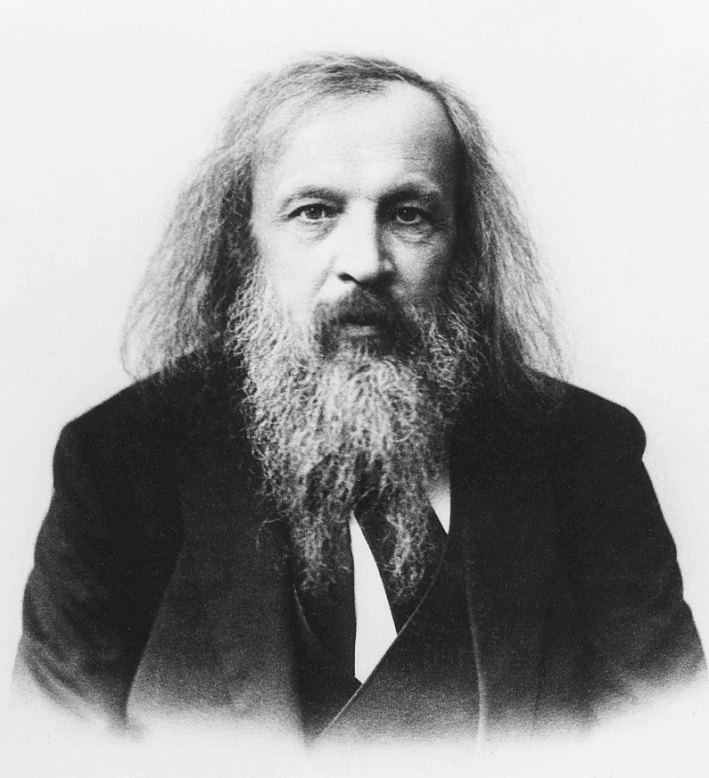
Mendeleev's Periodic Table of Elements is known around the world, and perhaps the most iconic symbol of chemistry.
It remains one of the most significant achievements in chemistry, providing a framework for understanding elemental properties and guiding future discoveries in atomic science.
Mendeleev reportedly developed the periodic table of the elements in a dream, in which he saw patterns between different chemicals that could allow them to be arranged in a certain order. Not yet knowing all the elements we do now, he left gaps in the table that were later to be filled. As such, he not only laid the ground for future developments in chemistry, but he actually predicted them too.
Here are some unbelievable facts to share with your chemistry class!
His major achievements include:
- Predicting the existence and properties of undiscovered elements, such as gallium, scandium, and germanium - which were later found and confirmed.
- Establishing the periodic law: that the properties of elements are a periodic function of their atomic masses.
- Revolutionizing the way chemists understand relationships between different elements, enabling the development of new materials and compounds.
- Contributing to advancements in thermodynamics, solutions, and chemical bonding, further broadening the understanding of chemical behavior.
- Publishing Principles of Chemistry, a seminal work that became a standard textbook in the field.
His research, writing, and predictions laid the foundation for modern chemistry, making him one of the most influential scientists in history.
Other Renowned Chemical Scientists
Robert Bunsen (1811-1899)
Ever heard of a Bunsen burner? If so, you have one man to thank: Robert Bunsen, the inventor of one of the best known scientific apparatuses. Born in Germany and the youngest son of the University of Gottingen's Chief Librarian, Bunsen circulated among academic elites like Carl Friedrich Gauss.
Like his father, Bunsen became a university lecturer at Gottingen and taught at other German universities. He wrote science learning materials and he developed an antidote for arsenic poison and discovered the element, caesium. He invented the Bunsen burner, and made major contributions to spectroscopy, photochemistry, and gas analysis
Alfred Nobel (1833-1896)
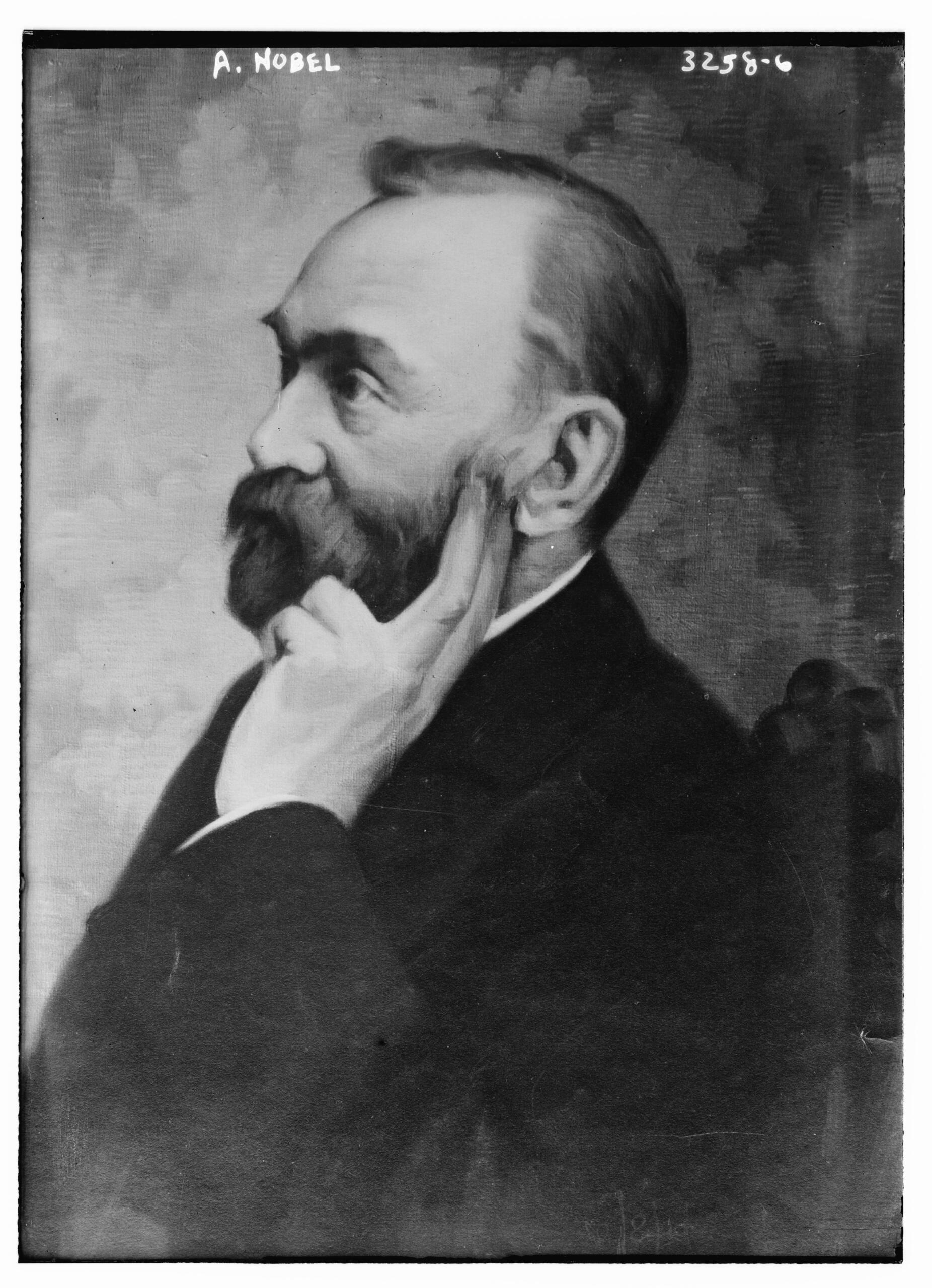
Alfred Nobel was a chemist, engineer, businessman and inventor though he is perhaps known best for the award he established in his name. Born in Sweden, Nobel spent some of his early life in Russia because his father operated a company producing explosives for war.
Following in his father's footsteps, Alfred Nobel made a fortune inventing dynamite, a discovery that revolutionized construction and mining industries. He used much of the immense wealth he amassed for his invention to establish the Nobel Prizes, awarded for outstanding contributions in science, literature, and peace.
Find out what the essential equipment you need in your chemistry set is.
I intend to leave after my death a large fund for the promotion of the peace idea, but I am skeptical as to its results.
Alfred Nobel
Linus Pauling (1901-1994)
Linus Carl Pauling (1901-1994) has often been hailed as one of the most important scientists ever to have lived. Pauling single-handedly invented what we now know as molecular biology – the study of things like proteins and acids in the body, and quantum chemistry, the study of the relationships between the smallest things in the atom. Learn more about chemical bonds in our piece on basic chemistry concepts.
As a lifelong activist for nuclear disarmament, Pauling was not only a Nobel Laureate in chemistry, but a winner of the the Nobel Peace Prize as well. His research into proteins also inspired the work of Francis Crick and James Watson, who, without Pauling, would never have discovered the structure of DNA.
Get a good chemistry tutor Brampton on Superprof now.
Dorothy Hodgkin (1910-1994)
Dorothy Hodgkin is a chemist that is often overlooked in the histories of famous scientists. Another Nobel Laureate, Hodgkin is the only British woman to have ever won a Nobel Prize in a science.
Hodgkin’s main discoveries were in the structure of molecules and proteins in the body, and her research had a massive impact on biochemistry and medicine. She and her team worked on the structure of penicillin, vitamin B12, and, importantly, insulin. Her career was notable for her advocating for the importance of knowledge of insulin, too – for its central role in diabetes.
Kathleen Lonsdale (1903-1971)
Another twentieth-century chemist that is lesser known is Irish born Kathleen Lonsdale (1903-1971). As a scientist, she was one of the first women to be elected as a Fellow of the Royal Society and was awarded numerous titles for her important work in crystallography, or the study of the arrangement of atoms in crystals.
Alongside her work on diamonds, and her profoundly influential research into the structure of benzene, she was an advocate for pacifism and an inspiration for women scientists across the world.
Still hungry for chemistry? We have an all you need to know about chemistry piece just for you!
Be Inspired by the Work of Great Scientists and Chemists
It's not hard to feel inspired to pursue excellence in your science or chemistry learning after reading the biographies of intellectual legends like Mendeleev and Berzelius. From the development of the periodic table to the discovery of elements and chemical reactions, chemists have changed the trajectory of history and show the infinite potential of innovation and research.
If you are looking to excel in your science coursework, consider hiring a tutor from Superprof to ensure you are getting the most from your learning and research. Dozens Superprof tutors have a science and chemistry background, and are ready to work with you to help you be your best at school.
Start looking for the best chemistry tutor for you today!
Summarize with AI:

